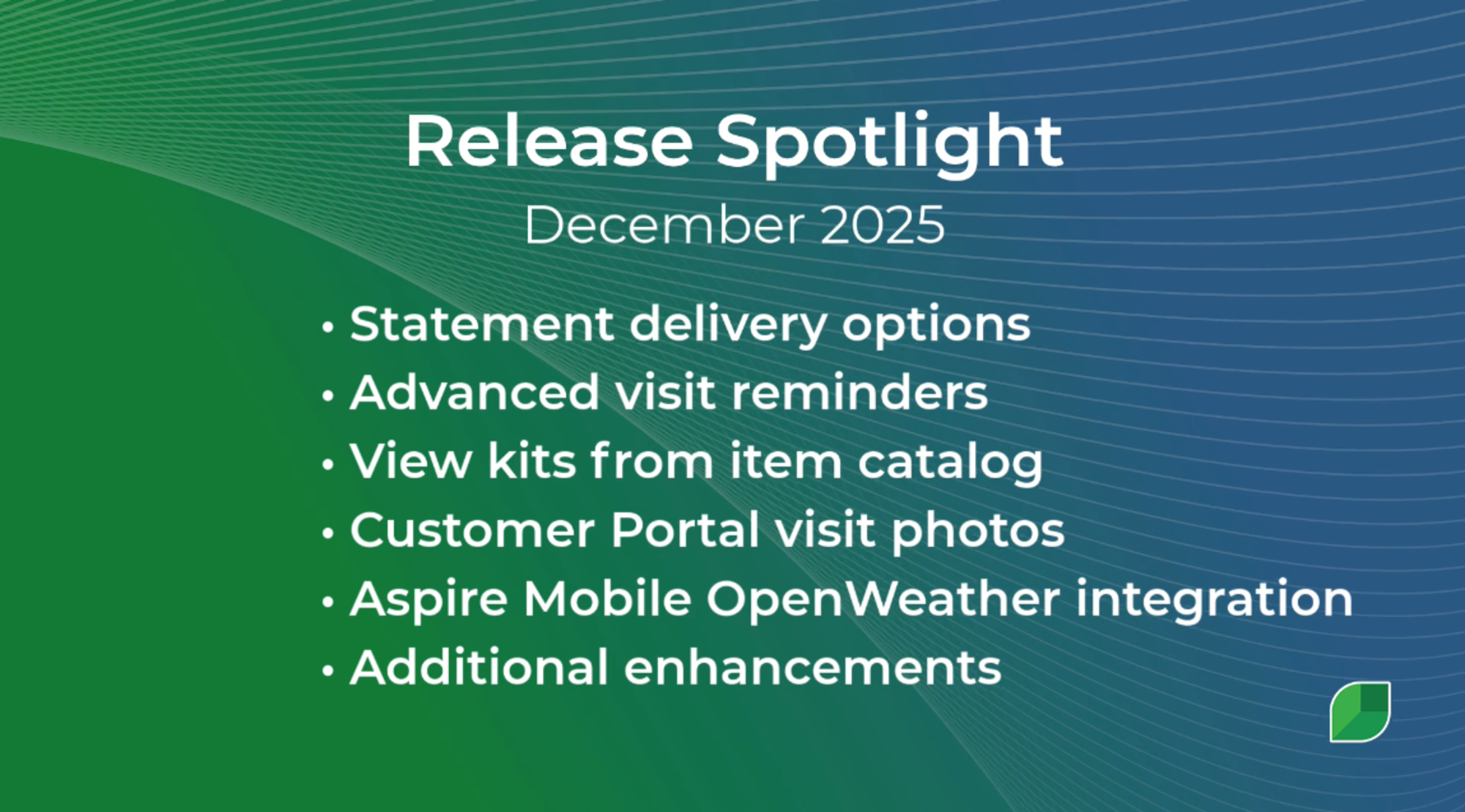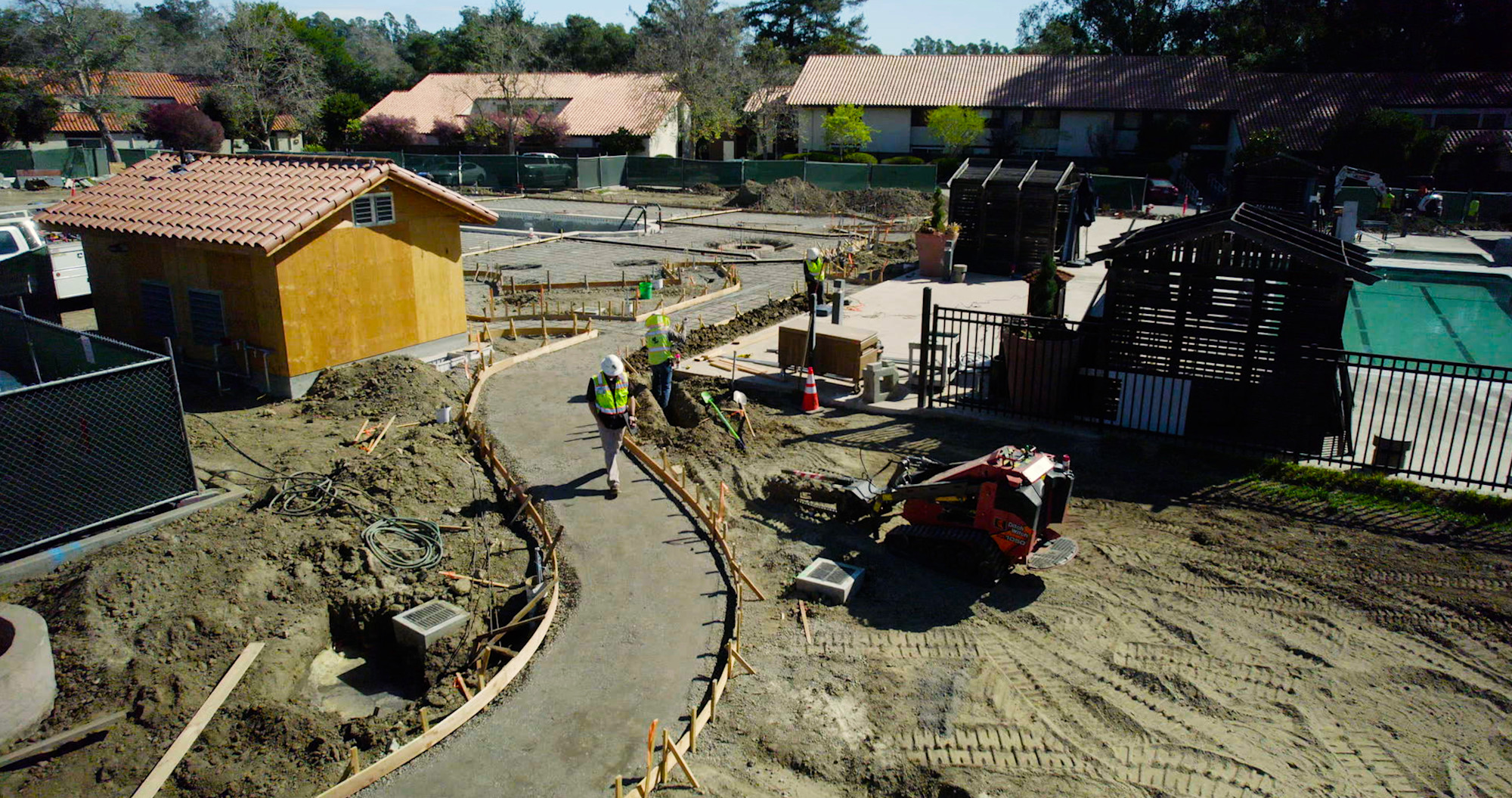Table of Contents
The arrival of spring means preparing for the busiest season of the year and equipping your landscaping team with the right lawn care tools to hit the ground running. It also requires business owners to think ahead and plan for unanticipated cost increases, such as rising fuel costs and material supply shortages.
With everyone paying more for a gallon of gas, now’s the time to make sure the terms and conditions outlined in your landscaping services contract clearly specify a trigger for adding fuel surcharges in times of need. Your customers will appreciate knowing how fuel prices are affecting the landscape industry, and it can help your landscape company recoup some of these costs.
A landscaping business uses fuel in nearly every aspect of the job, from the fuel usage for their vehicles when getting to and from the customer’s location, to powering trimmers, blowers, and lawnmowers used on the job site, to the actual landscaping products themselves. For instance, natural gas is one of the key ingredients used in fertilizer, and higher gas prices means landscapers also must pay more for materials, which ultimately affects their bottom line.
According to the U.S. Department of Energy, the price for one gallon of regular gasoline reached an average of $4.24 per gallon in March, up $1.37 from last year. The price of diesel fuel is even higher, averaging $5.13, or $1.94 more per gallon from a year ago. In California, the price-per-gallon of diesel fuel averaged $6.22; up $2.24 from last year.
With no clear end to the high gas prices in sight, many companies are choosing to either hike up prices for their services or add fuel surcharges as a temporary fix. However you choose to combat the woes of inflation, just be sure to communicate with your customers.
How Aspire helps landscapers better manage fuel costs
“Your contract’s terms and conditions should include the capability to assess a fuel surcharge in times of need,” says Cris Poggi, solutions engineer manager for Aspire, a ServiceTitan company. “The challenge is, when you need it, you might not have had the foresight to include it in your terms and conditions.
“We need to be proactive versus reactive in scenarios like this,” she adds.
If your contract does not presently cover fuel surcharges, businesses can modify the terms and conditions by adding language to indicate a trigger for fuel surcharges once gas prices reach a certain threshold, such as over $3 a gallon or $4 a gallon.
To clearly communicate triggered surcharges to customers, companies will reference the regional average price per gallon of gas or diesel, listed each week by the U.S. Energy Information Administration, instead of what they might be paying at the local gas station or with their fuel provider.
“Typically, it's a percentage of the contract value or the value of the invoice that's being generated,” Cris explains. “I've seen it anywhere from a 2% fuel surcharge based upon the first dollar, and then an additional 2% for the next dollar, and so on. It could potentially be 8%, if fuel went up by $4 a gallon.”
Most landscaping companies plan their lawn service annual budgets based on specific line items, such as an hourly rate for man hours and paying a maximum amount per gallon of diesel fuel, Cris says. So, it’s really up to each contractor to decide for themselves whether to hike up prices for all services or add a temporary fuel surcharge in times of need.
Communicating the fuel surcharge to customers
If you fail to include any language about fuel surcharges in your contract’s terms and conditions, Aspire can help you communicate these changes to customers using a pre-built email template that can be sent to all of your customer contacts at once.
“Customers understand that higher gas prices are impacting businesses, too,” Cris says. “It shouldn’t be a surprise.”
While some contractors might choose to just add the fuel surcharges to a customer’s invoice without communicating the change, Cris recommends following the good business practice of notifying customers about the change prior to sending the invoice. That can easily be done through your company newsletter or sending bulk emails to all customers.
Once you’ve notified customers of the change, Aspire can automate the process of adding the fuel surcharges to individual invoices or multiple invoices. With higher prices for all petroleum-related products (anything made from plastic, such as PVC drainage pipes and irrigation parts), Aspire can also help you track material costs in real time and make the proper adjustments when necessary.
For instance, maybe your window for the job quote narrows from 30 days to 20 days, or volatility in the market triggers material price hikes after reaching a certain percentage threshold.
When making revisions to your contract’s terms and conditions, Aspire always recommends clients to perform due diligence and consider including legal review.
“You don't want to be in a scenario where you're locked in to a contract where all of a sudden your margin has eroded to a point where you're not able to make money on the project,” Cris says. “It’s just making sure you're covering yourself and thinking ahead versus reacting to it, because that can be the most challenging.”







